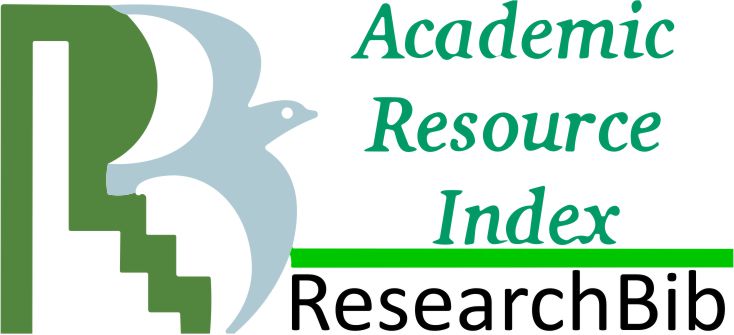DOI
10.21002/jaki.2005.02
Abstract
This study examines whether voluntary corporate disclosure level that is published in annual report affects the return-earnings relationship. The study hypothesizes that the informativeness of earnings and voluntary disclosure is complementary to each other. This hypothesis implicitly presumes that investor will use the information provided in annual report disclosures together with information in earnings as one of the guidance in investment decisions. To test the hypothesis, current stock returns are regressed against current earnings changes. The sample consists of 90 annual reports of companies listed on the JSX as of December 31, 1998. The amount of voluntary disclosure provided in annual reports is measured by disclosure items and weighted scores developed by Botosan (1997), Sitanggang (2002), and Suripto (1999). Before deciding to use the weighted score, this study examines the differences between weighted scores and the equally weighted ones. The findings of the test of differences support the hypothesis that the two kinds of score measurement are statistically different, meaning that investors place different interests to each disclosure items. The findings of regression test support the hypothesis of complementary relationship, which remain consistent after controlling for other factors that have been identified in previous studies influence the earnings response coefficients. The findings are also robust with respect to different holding period returns and different earnings measurement.
Recommended Citation
Adhariani, Desi
(2005)
"TINGKAT KELUASAN PENGUNGKAPAN SUKARELA DALAM LAPORAN TAHUNAN DAN HUBUNGANNYA DENGAN CURRENT EARNINGS RESPONSE COEFFICIENT (ERC),"
Jurnal Akuntansi dan Keuangan Indonesia: Vol. 2:
No.
1, Article 2.
DOI: 10.21002/jaki.2005.02
Available at:
https://scholarhub.ui.ac.id/jaki/vol2/iss1/2












